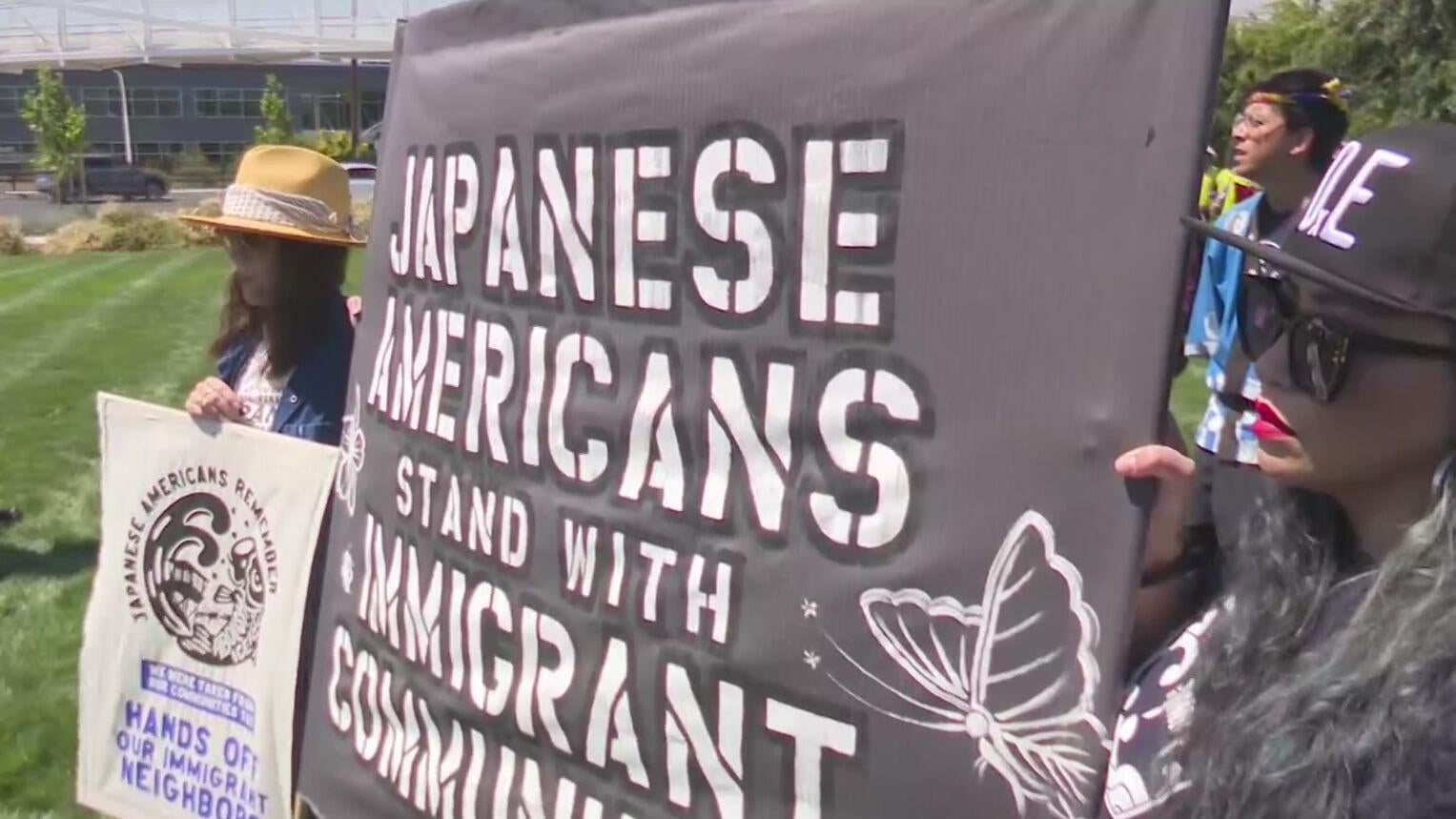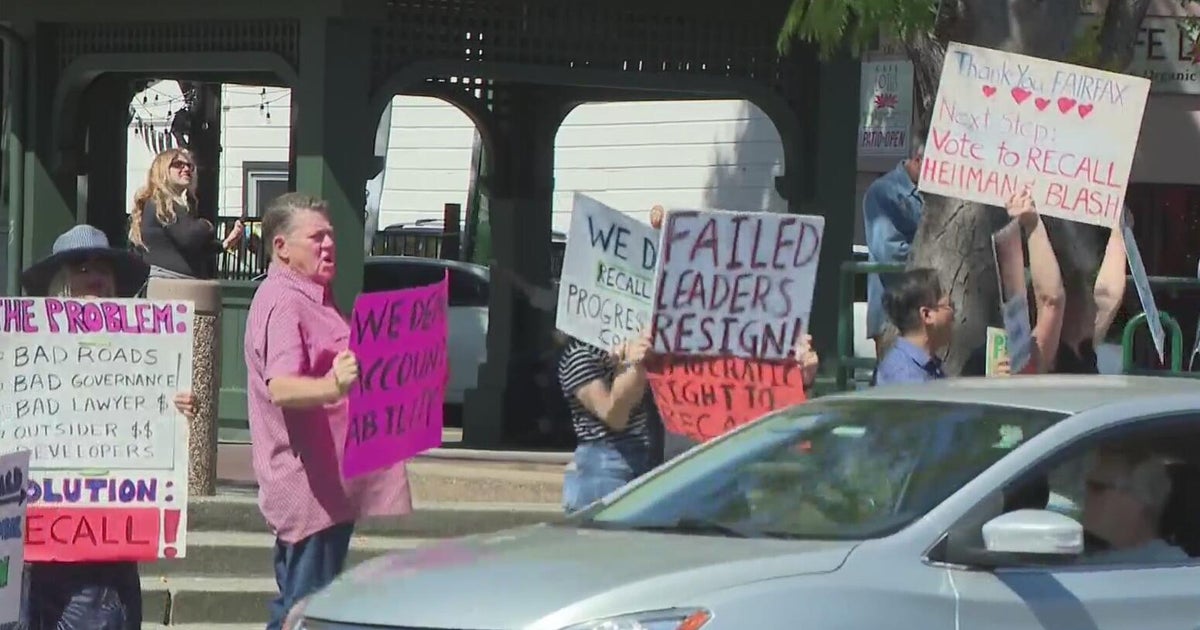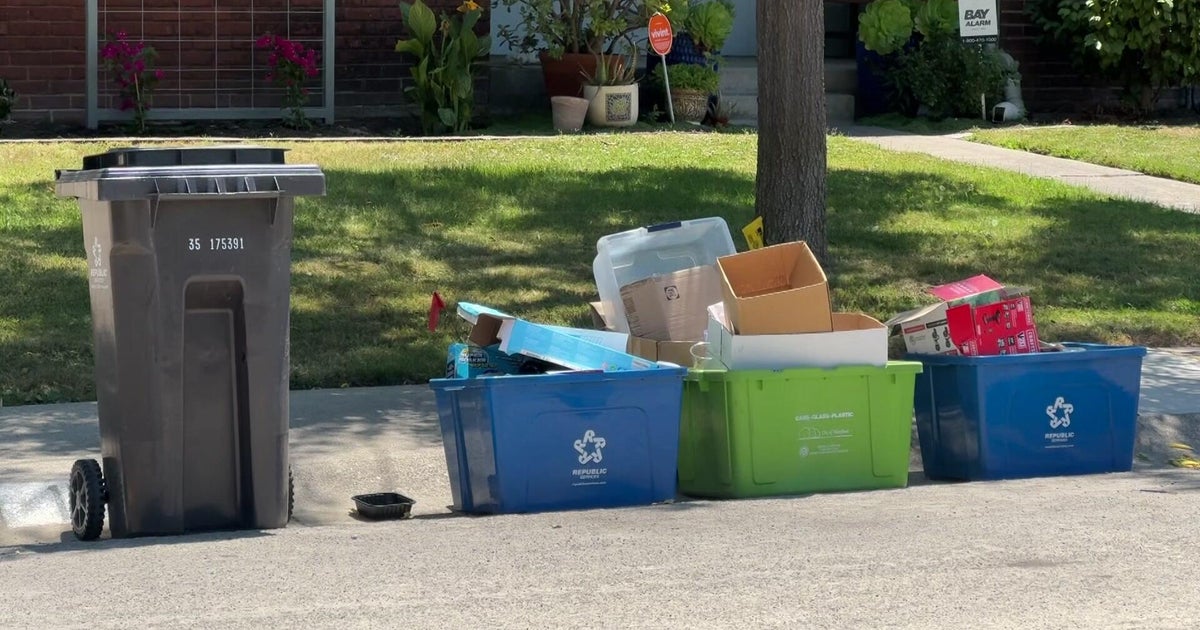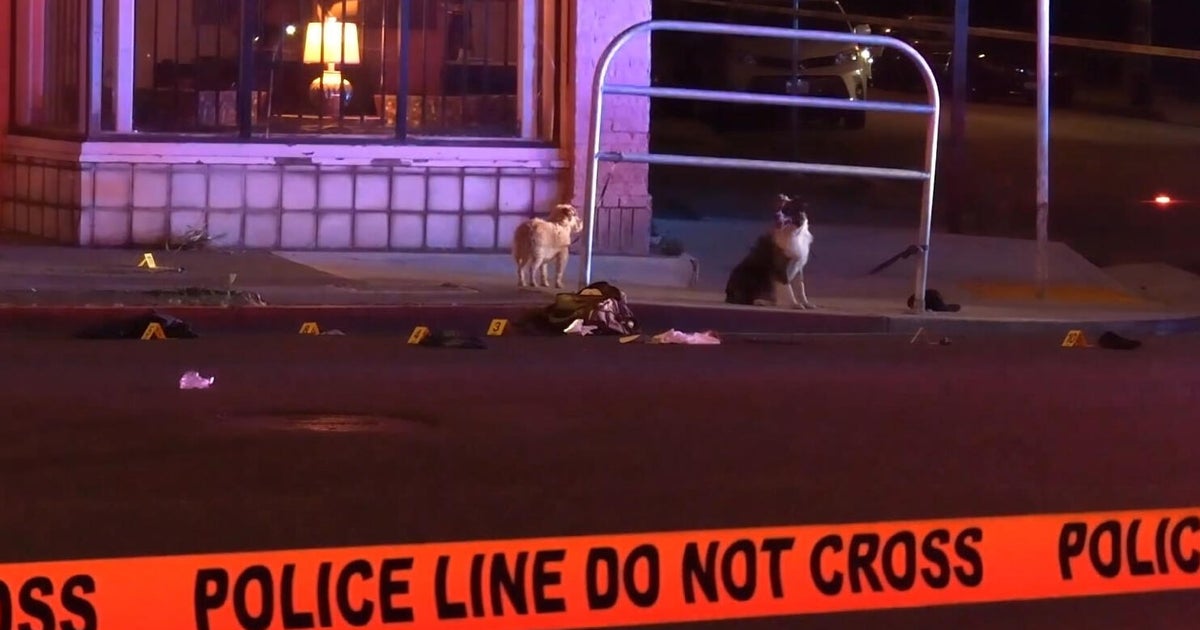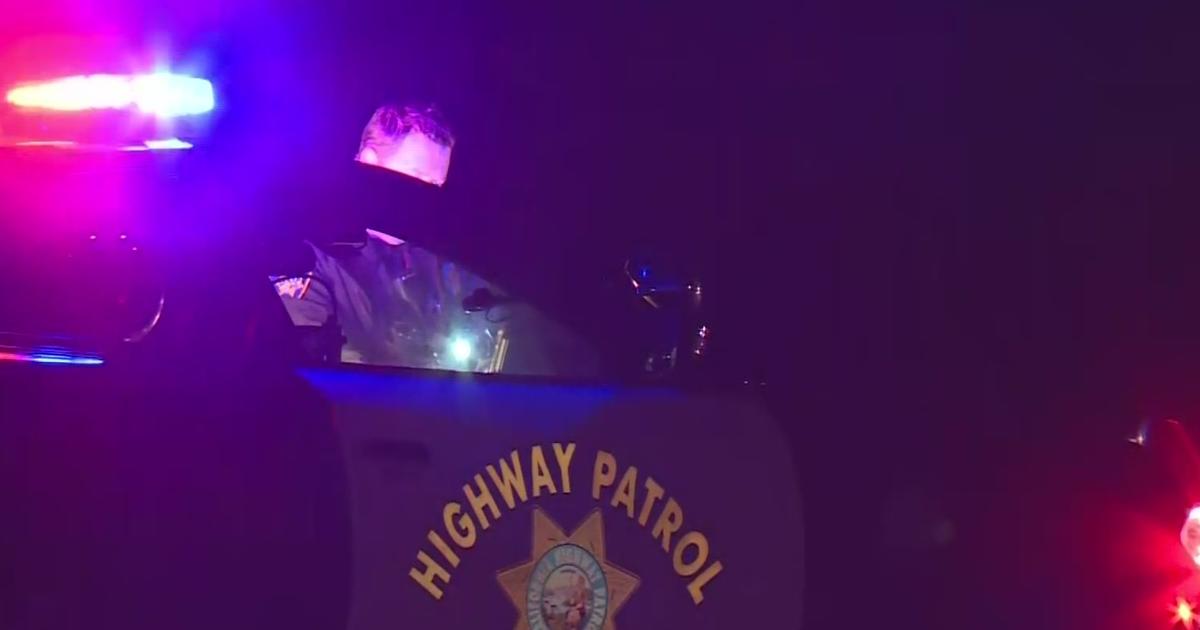Japanese American internment survivors protest possible ICE detention center at former Dublin prison
With the rhythmic pounding of taiko drums echoing through Don Biddle Community Park, a large group of Japanese Americans and their allies gathered Saturday afternoon to voice opposition to the proposed reopening of the federal prison in Dublin as an immigration detention center.
Among those in attendance was 81-year-old Satsuki Ina, a survivor of the Japanese American internment camps during World War II. Ina, who was born in the Tule Lake Segregation Center in Northern California, has dedicated her life to ensuring the mistakes of the past are not repeated.
"I'm angry, I'm angry," Ina said. "It's frightening. It's terrifying that this is happening again."
Ina's parents were removed from San Francisco's Japantown in 1942 and incarcerated in multiple internment camps over a span of four and a half years. Her older brother, Kiyoshi, was born in the Topaz camp in Utah. Her father was later transferred to a separate detention facility in North Dakota.
"When we were removed, there was no mass protesting of what was happening to us," she said. "In many ways, we felt like America had turned their back on us. We don't want to be a part of that again. So we are showing up where we can. We're raising our voices. We're protesting. We're getting the grannies and the grandpas out to tell their stories."
For Ina, other survivors, and their descendants, the proposal to convert the now-closed Federal Correctional Institution (FCI) Dublin into a United States Immigration and Customs Enforcement detention facility feels like a haunting echo of history.
"It is a replication of our own history," Ina explained. "They're using the same legal false justification, removing people without due process."
FCI Dublin was shut down last year after multiple correctional officials, including the former warden, were convicted of sexually abusing female inmates. Despite its troubled history, the Trump administration recently floated the idea of reopening the prison to hold undocumented immigrants.
The president is also pushing to reopen Alcatraz in the San Francisco Bay to house ICE detainees.
Dr. Doug Yoshida, the son of two internment camp survivors, voiced concern over the types of individuals targeted for detention and deportation.
"The people they're deporting are not the big, bad criminals," Yoshida said. "They clean your hotel rooms, they serve your food. They [build] these buildings here."
Alameda County District 5 Supervisor Nikki Fortunato Bas also joined the protest. She warned against what she called an authoritarian direction for the country.
"We have to raise our voices. This is authoritarianism. This is a dangerous road that our country is going down," said Bas. "And we have a responsibility, not only as elected officials, but members of this community, to stand up and speak out."
For Ina, silence is not an option.
"There is a growing discontent about what's happening," she said. "We want to get people activated so that they take action, whether it's voting or getting out on the streets and protesting."
Organizers said they will continue to oppose the reopening of the Dublin facility, arguing that expanding detention capacity in Alameda County could lead to more arrests and deportations of undocumented immigrants.
